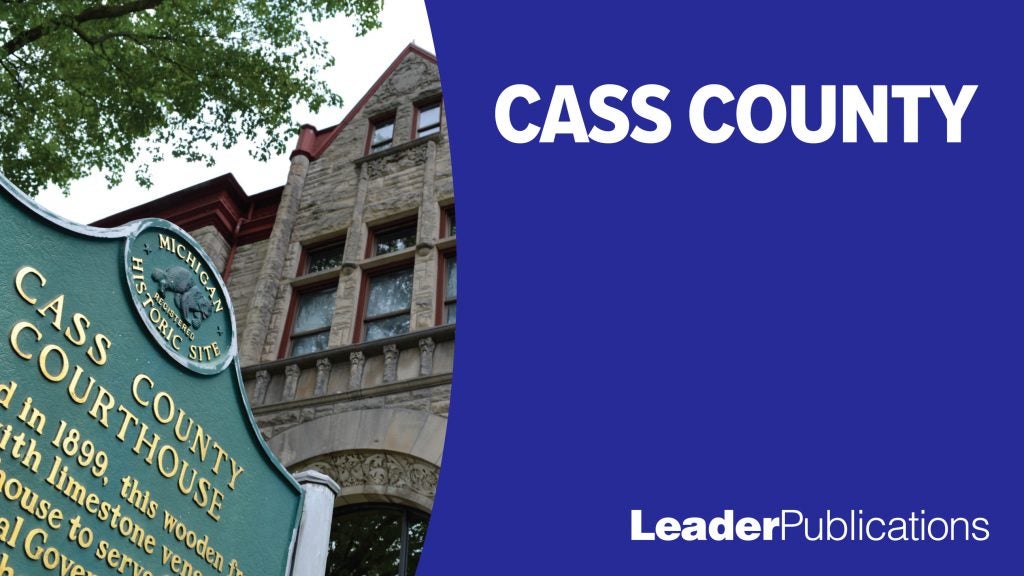Report finds problem-solving courts help lower recidivism, unemployment rates
Published 8:00 am Saturday, April 17, 2021
|
Getting your Trinity Audio player ready...
|
CASSOPOLIS — During a live-streamed virtual news conference, Michigan Supreme Court Justice Elizabeth T. Clement announced Friday the publication of the Fiscal Year 2020 Problem-Solving Courts Annual Report, highlighting the success of Michigan’s 199 problem-solving courts.
In particular, the report shows that graduates of adult drug court programs were nearly two-times less likely to be convicted of a new offense within three years of admission to a program. Also, sobriety court graduates were more than three-times less likely to be convicted of a new offense within three years of admission.
“Even during the pandemic, Michigan’s problem-solving courts have continued connecting with participants and delivering needed services to solve problems and save lives,” said Justice Clement, who serves as liaison to PSCs. “This new data reinforces the amazing work being conducted in these courts to give people who are struggling a second chance, to strengthen families, and to safeguard communities across the state.”
“Cass County Courts have the full continuum of problem-solving courts available to our community including Swift & Sure Sanctions Probation Program with Circuit Court Judge Mark A. Herman, Adult Treatment Court/Sobriety Court with District Court Judge Stacey A. Rentfrow, Mental Health Court with Circuit Judge Mark A. Herman, and my Family Treatment Court, the first problem-solving court in Cass County. Problem-solving courts provide wrap-around services with intensive supervision to safely address addiction and mental health related matters that end up in the Courts,” said Cass County Chief Judge Susan Dobrich. “These Courts work and work better and cost less than traditional incarceration alone.”
Other key report findings:
- Drop in unemployment of 96 percent for adult drug court graduates and 86 percent for hybrid (drug/sobriety) court graduates.
- Mental health court graduates on average — among adult circuit, adult district, juvenile — were two- to three-times less likely to commit another crime within three years of admission to a program.
- Drop in unemployment of 71 percent for adult district MHC graduates.
- Average of 97 percent improvement in mental health status among adult circuit, adult district, juvenile MHC graduates.
- Average of 96 percent improvement in quality of life among adult circuit, adult district, juvenile MHC graduates.







